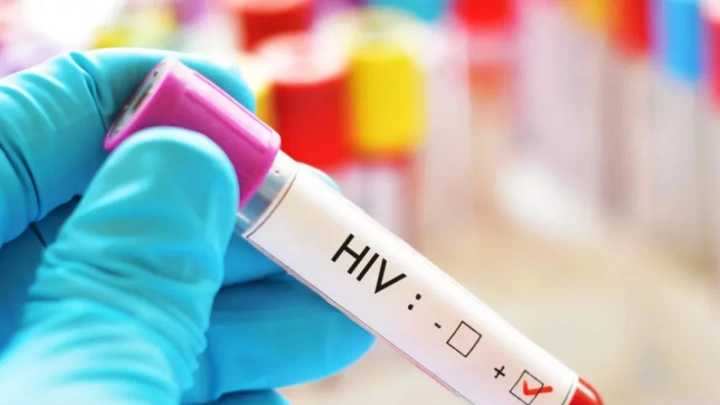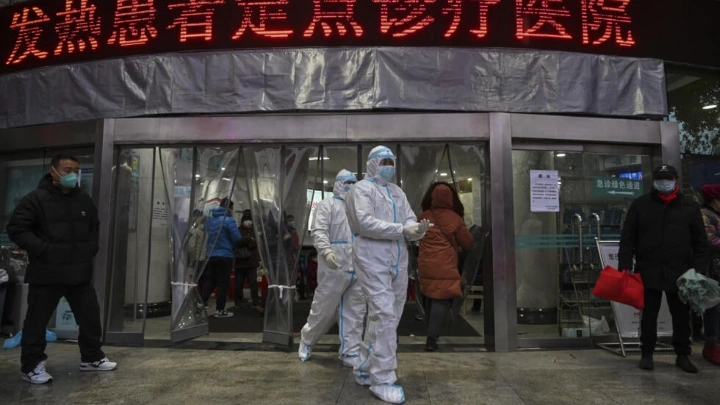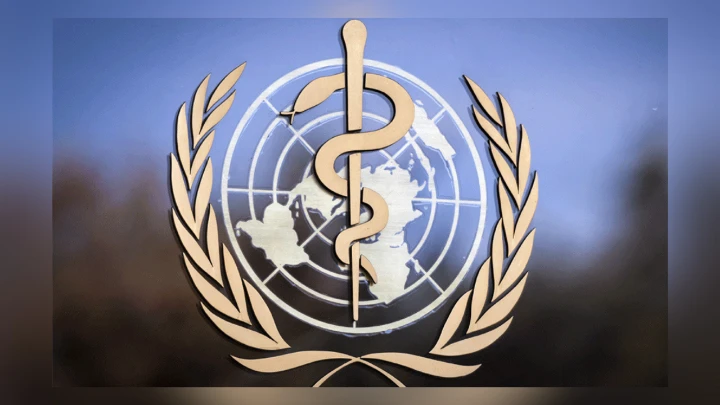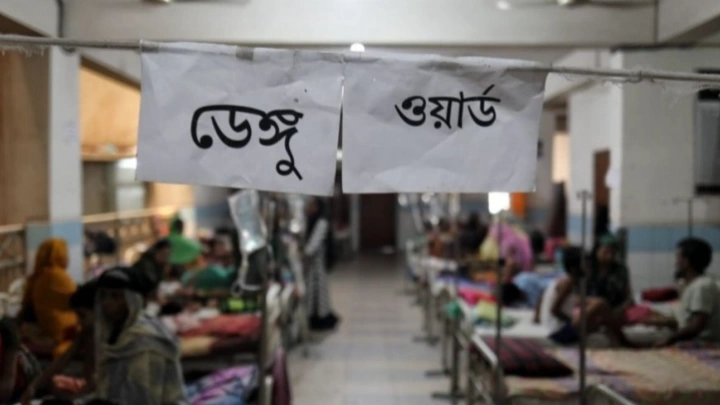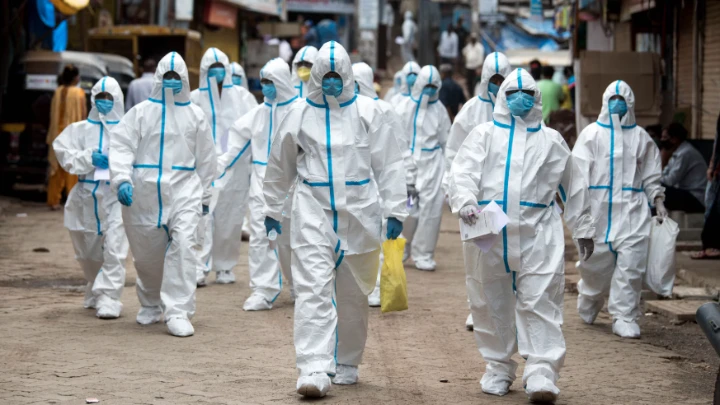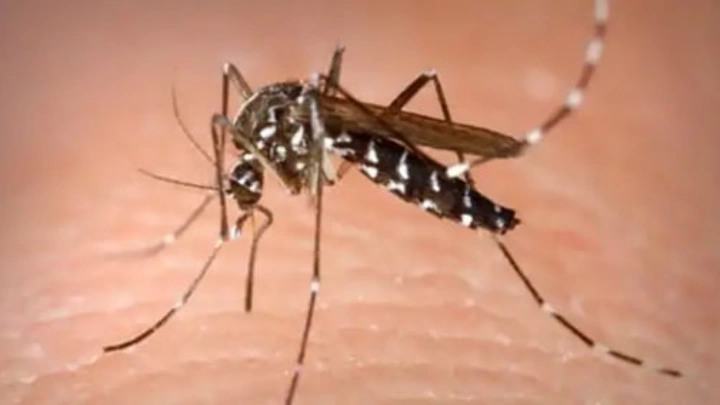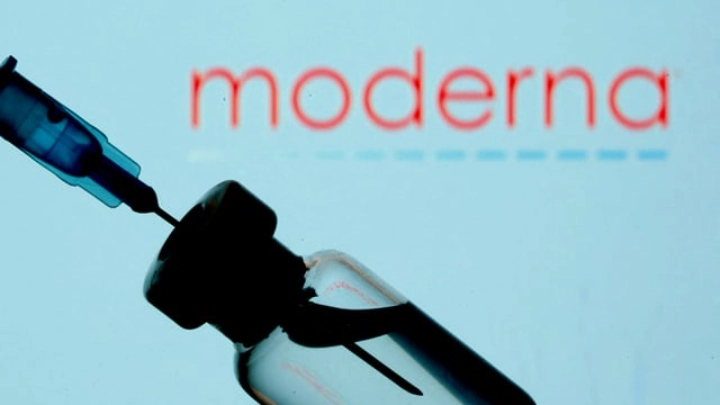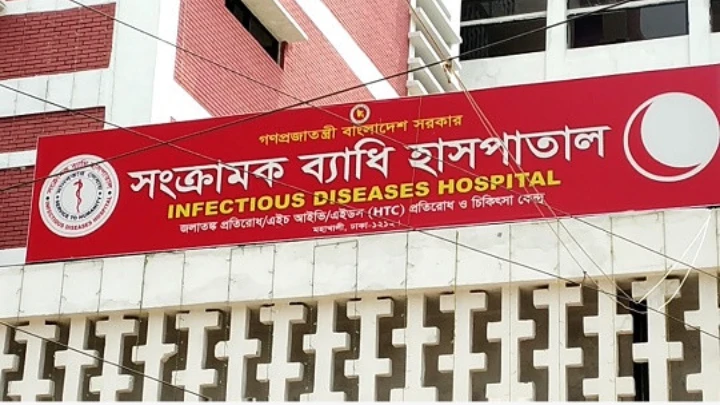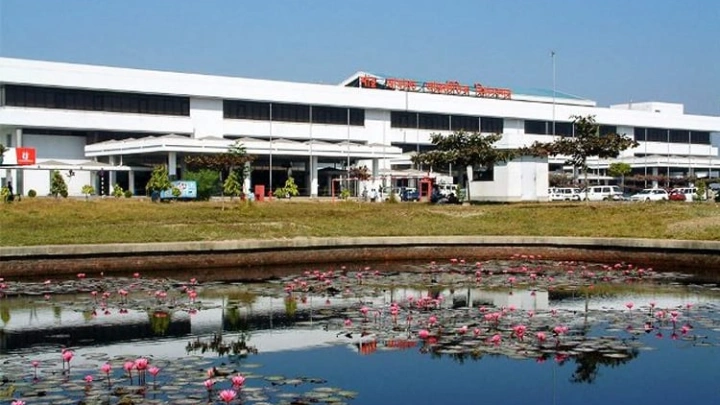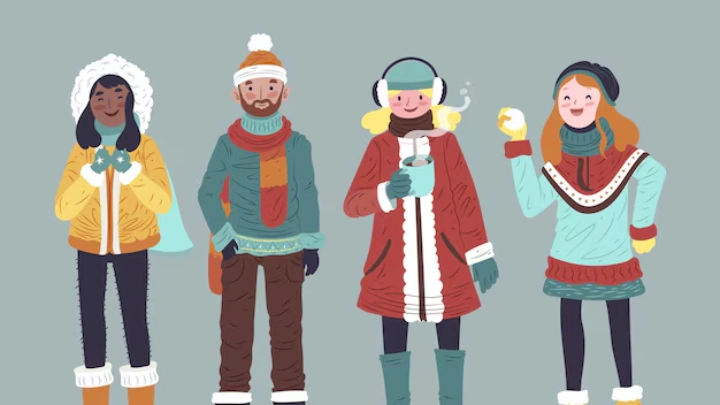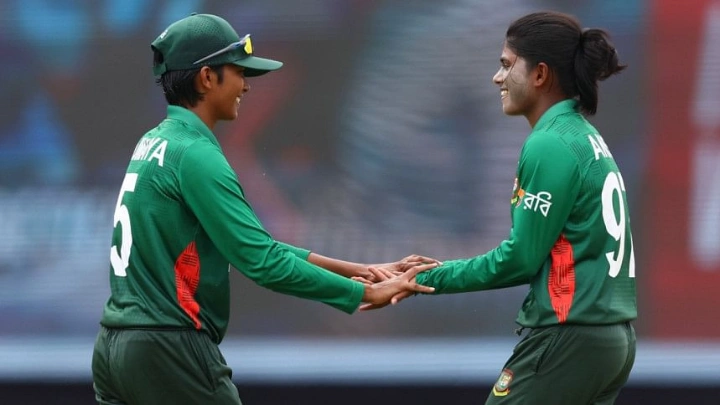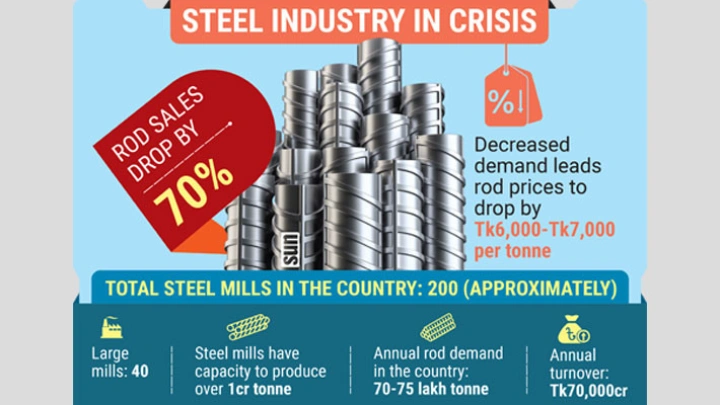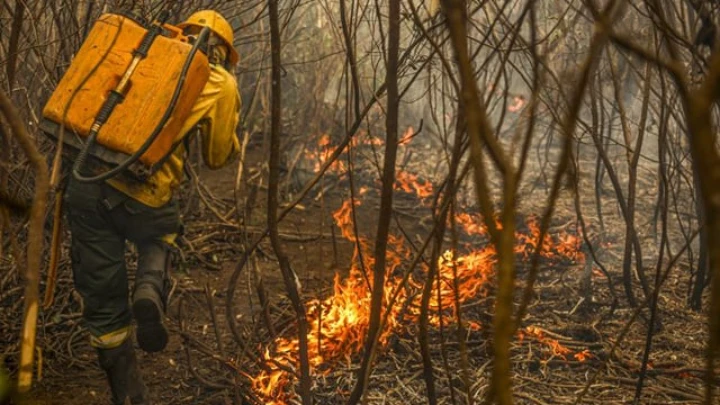Sex workers and HIV in Bangladesh: Bridging gaps for a safer future
DhakaTribune || Shining BD
Hira Akhter was born as a daughter of a sex worker. At the age of 12, she got a job in a humanitarian agency providing education, counselling, and mental health support to children of sex workers in her community.
A UNAIDS study said the relative risk of acquiring HIV was nine times higher for sex workers than for people in the wider population globally. As HIV transmits with bodily fluids, unprotected intercourse with multiple partners puts female sex workers at high risk.
As Hira has a deep understanding of the sex worker community, she can now serve as a bridge between her community and the government and non-government stakeholders. Hira now creates enabling environments for female sex workers with the help of various organisations.
Dr Rounak Khan, chief of party of Save the Children in Bangladesh’s HIV/AIDS Program, told Dhaka Tribune: “The story of female sex workers (FSW) in Bangladesh reflects a tragic reality—sold by traffickers, raped, abused, and stigmatized, they face immense challenges in every aspect of their existence.”
The organisation targets key populations such as female sex workers with harm reduction measures such as syringe and needle exchange programs, condom distribution, and behaviour change communication to prevent the transmission of HIV.
A Department of Public Health study found that more than twelve thousand female sex workers in the country are 10-19 years old. Moreover, the study found that half of female sex workers (FSWs) in the country were engaged in commercial sex work before the age of 20.
The study also pointed out that time constraints, in many instances, led sex workers to have unprotected sex. The study said: “To earn, they must complete the sexual act within a short time, as they have to have sex with another client. The reason is money.”
This year, the message of AIDS Day is to “take the right path to end AIDS.” As multiple studies showed that sex workers are often forced to take the other way, advancing the broader objective set by UNAIDS of ending AIDS by the year 2030 will be a difficult road.
Hira told Dhaka Tribune: “I want violence and discrimination against women to be reduced and everyone to get their due rights.”
In 2023, Bangladesh recorded 266 deaths due to HIV, marking the highest annual death toll since the first case was identified in 1989. Last year, 1,276 people were infected with HIV in the country. Of these, 1,118 are Bangladeshi citizens, while 158 are Rohingya refugees living in the camps in Cox’s Bazar.
Shining BD

